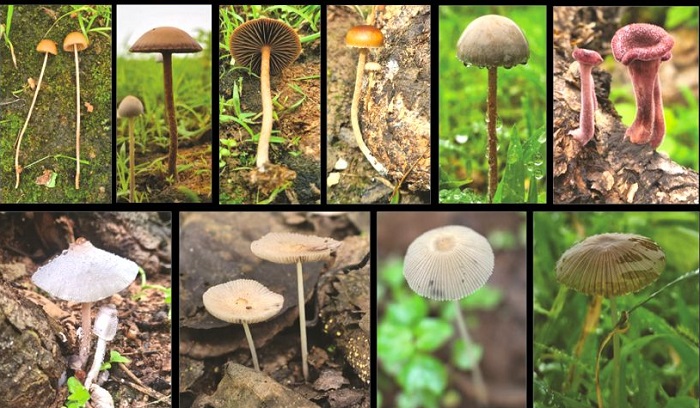
Muscat: The Oman Animal and Plant Genetic Resources Center (Mawarid) affiliated with the Ministry of Higher Education, Research and Innovation began today the process of cultivating fungi with medicinal and nutritional properties from Dhofar Governorate.
This phase comes from the research project "Wild Fungi in the Sultanate of Oman", which is implemented by the center in cooperation with the College of Agricultural and Marine Sciences at Sultan Qaboos University, with support from Dhofar University and funding from the Agricultural and Fisheries Development Fund.
The cultivation project will include different areas of the governorate to isolate them from their natural environments and transfer them directly within hours to laboratories to begin cultivation experiments. These experiments begin in small incubators that provide specific nutritional environments for fungi and controlled conditions to encourage their growth under laboratory conditions.
Moza bint Mohammed Al Kharousi, Head of the Research Facilities Department at Mawarid Center and Deputy Project Director, said: "The project began with an intensive phase to isolate and identify these fungi and analyze the medicinal and nutritional properties of some of them. Pointing out that the success of the project will provide us with many advantages, the first of which is obtaining sufficient quantities of fungi to conduct more experiments on their properties. Since many of these fungi are found in very small numbers in nature and are originally rare."
Al Kharousi added that the success of the project will open the door to sustainable investment in some of these fungi, especially those that have nutritional or medicinal properties. Farming is also important for the long-term preservation of these organisms, especially in light of the many changes and challenges surrounding their natural environments from climate change and overharvesting, in addition to the possibility of changing the uses of some areas where these fungi grow to civilian uses.
Al Kharousi pointed out that the success of the farming experiments is not guaranteed from the first attempts due to the ignorance of many factors that encourage the growth of these fungi under laboratory conditions, such as the types and levels of nutrients and growth elements that these fungi need, stressing that the chances of success are good through work and diversification of the scientific methods used in the experiments.
It is worth noting that the Mawarid Center has announced the discovery of eight fungi from Dhofar Governorate that are known for the first time in the world and a wide range of fungi that are known for the first time in the Sultanate of Oman and the Arabian Peninsula.